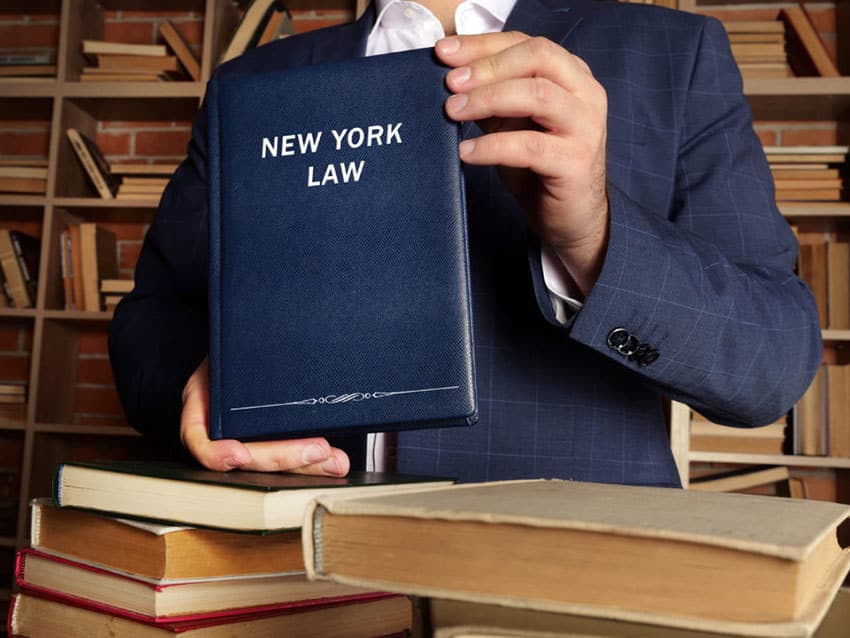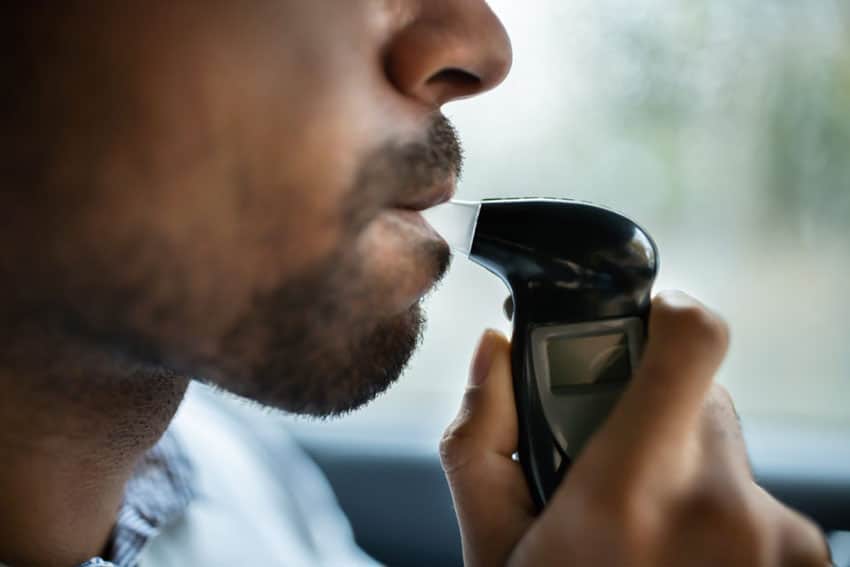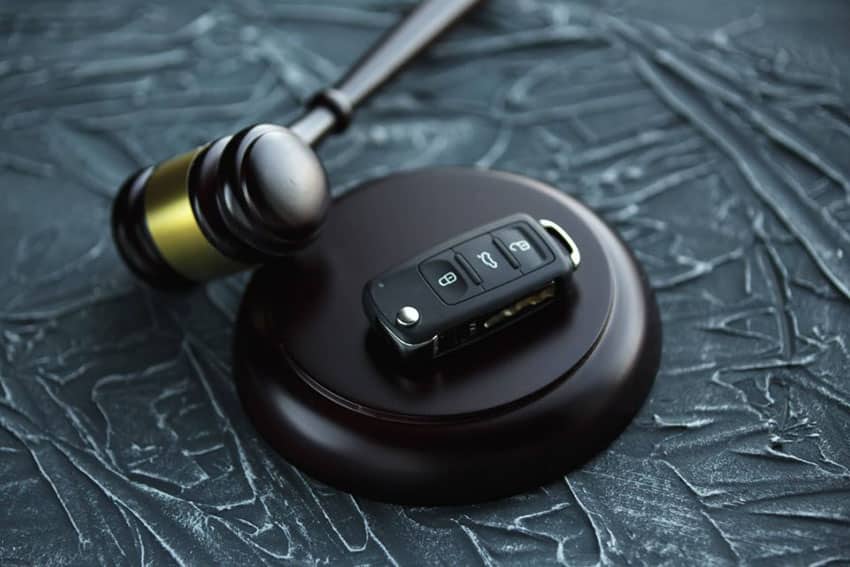Every American driver has to undergo some form of driver’s education or a driving test before receiving a driver’s license. Often that education includes some information about DWI and DUI charges and the potential criminal punishments for breaking drunk driving laws. Even though “drunk driving” has become a commonly used term, not many drivers actually know what that term legally means. Far too few drivers understand the laws surrounding driving under the influence or while intoxicated. Thus drivers often do not know the potential consequences of a DWI or DUI conviction and misinterpret the long-term effects. Because of this lack of knowledge, too many drivers charged with a DWI or DUI try to represent themselves and lose, facing long-term negative consequences.
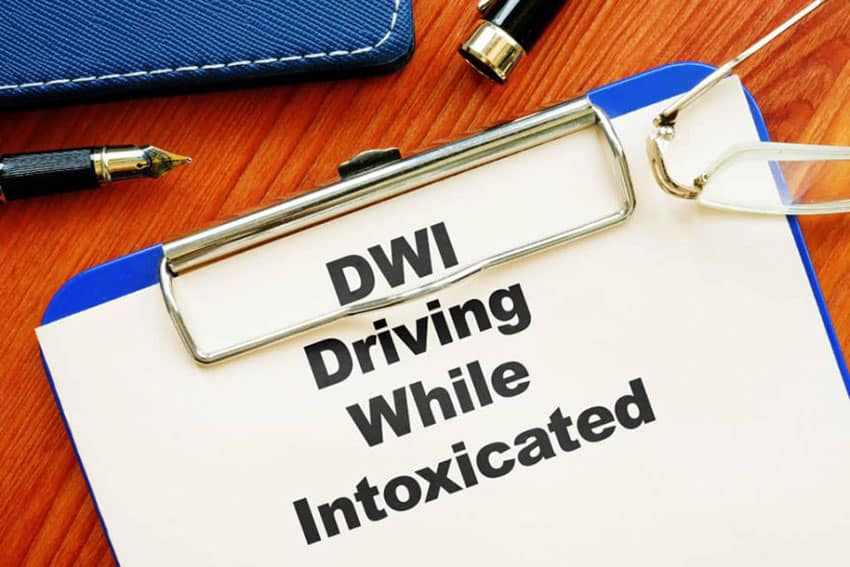
What Does DWI Mean?
In every state there is a legal limit for blood alcohol content (BAC) level that determines if someone is drunk. The legal limit in every state is currently 0.08%. This means that any driver whose BAC is at 0.08% or more is legally considered drunk, or intoxicated. New York drivers who operate a motor vehicle while legally intoxicated with this BAC face a “per se” DWI charge. This charge can result in jail time, probation, license revocation, fines, and other penalties if convicted.
What Are the Effects of a NY DWI Conviction?
What happens when you get your First DWI Offense? In New York DWI is a misdemeanor criminal charge. That means a driver convicted of DWI in New York will have a permanent criminal record that can never be expunged. Besides this permanent criminal record, an accused driver will face legal consequences such as a jail sentence or probation. However, only convicted drivers will face those penalties. If a driver is charged with a DWI but is not convicted, they will not face any criminal punishment.
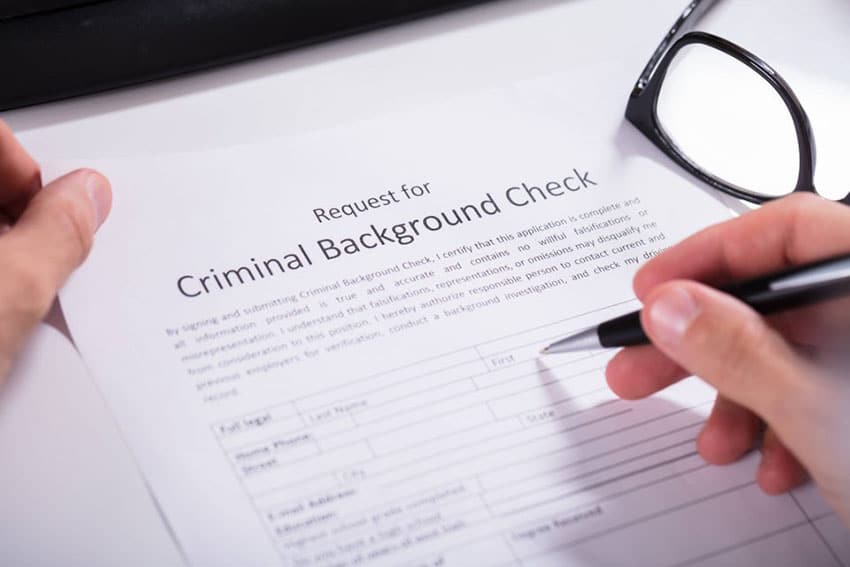
The consequences of getting a DUI or DWI can vary depending on the charge. A DWI charge, and any DWI-related charges (such as Aggravated DWI or Driving While Ability Impaired), have different penalties for convicted drivers. Other than these legal penalties, drivers convicted of a DWI can face non-legal consequences for years to come. Again, because a DWI charge is a criminal charge, a conviction will become a permanent criminal record. A DWI conviction can impact future employment applications. Certain jobs require a clean driving record, and an employer may not hire someone with a DWI conviction. For example, taxi or bus drivers typically are not allowed to have a DWI conviction on their criminal records. Additionally, a criminal conviction of any type, including a DWI, may impact a student’s chance of being admitted to a college or university or to being eligible to receive financial aid. The potential effects of a DWI conviction can impact a driver immediately and in the future – perhaps for the rest of the individual’s life.
Why Should I Hire a New York DWI Lawyer?
Not every DWI charge results in a conviction. In a DWI case, prosecutors have to prove the accused driver actually was driving while intoxicated, and they often rely on faulty breath tests or other unreliable sources. You don’t have to face DWI consequences alone. When charged with a DWI, it is important to hire an experienced DWI lawyer immediately. The experienced lawyers with the DWI Team understand DWI laws, and have successfully represented New York drivers like you. Our dedicated team of lawyers strive to ensure the best possible results in your case, and may be able to prevent a DWI conviction. If you have been charged with a DWI or any related offense, contact us immediately for a free case evaluation.
DISCLAIMER: The exclusive purpose of this article is educational and it is not intended as either legal advice or a general solution to any specific legal problem. Corporate offices for The DWI Team are located at 231 Walton Street, Syracuse, NY 13202; Telephone No.: 1-800-394-8326. Prior results do not guarantee a similar outcome.



